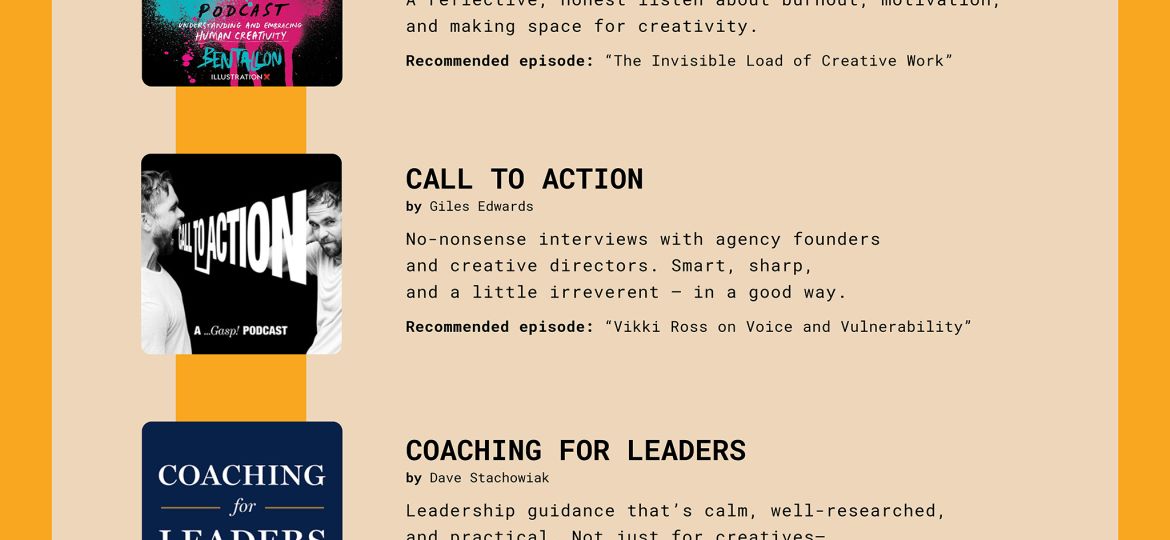Hey fellow leaders, it’s Charm’s Founder Lauren here. I am proudly no longer a project fire starter.
But let’s go ahead and relive my trauma together for educational benefit; let’s take a look at some of my arsonist history.
Early in my career as a young creative director, I had a bad habit of making everything urgent. If a client sent an email with a concern, I’d drop everything and call an impromptu meeting. If a project wasn’t quite hitting the mark, I’d scrap half the work at the last second and redesign it all myself at 4am. I’d say yes to every opportunity, assuming we’d “figure it out,” only to watch my team burn out under the weight of my optimism.
I thought I was being proactive. In reality, I was setting fires left and right, then patting myself on the back for putting them out.
The Smoke Signals You Might Be Ignoring
If you feel like you’re constantly in crisis mode, you might be the one lighting the match. Here’s how to tell:
- You don’t plan ahead. Every deadline is a last-minute scramble, and you expect your team to “just make it work.”
- You overcommit. You say yes to everything, assuming time and energy will magically expand to accommodate.
- You micromanage. You get nervous when you’re not directly involved, so you step in and disrupt progress.
- You react instead of lead. A client makes an offhand comment? You overhaul the whole project. A tiny hiccup? Full-blown emergency mode.
- You thrive on urgency. If things aren’t on fire, you feel like you’re not working hard enough.
Sound familiar? You’re not alone. I did all of this. I was excellent at it. But it wasn’t sustainable, and it certainly wasn’t leadership.
How I Stopped Setting Fires (And How You Can Too)
It took some hard lessons, but here’s what helped me break the cycle:
- I learned to plan (and actually stick to the plan). Instead of making every project a mad dash, I built in buffers, respected process, and stopped treating everything like an emergency.
- I started trusting my team. I hired good people for a reason— so I let them do their jobs instead of swooping in and meddling in their work.
- I stopped saying yes to everything. Not every opportunity is a good one. If you stretch your team too thin, quality suffers, and so does morale.
- I let go of my addiction to urgency. Turns out, thoughtful, well-paced work comes out better than frantic, last-minute heroics— shocking!
- I built systems that prevent fires. If something wasn’t working smoothly I paid attention to the warning signs earlier on, then I fixed it before it turned into a crisis.
Stability Isn’t Boring—
It’s Leadership
For a long time, I thought if things weren’t urgent, they weren’t important. That’s nonsense. Leadership isn’t about running yourself and your team into the ground—it’s about creating the conditions for great work to happen without unnecessary chaos.
So, are you setting fires in your business? If the answer is yes, don’t panic. Just put down the matches.





